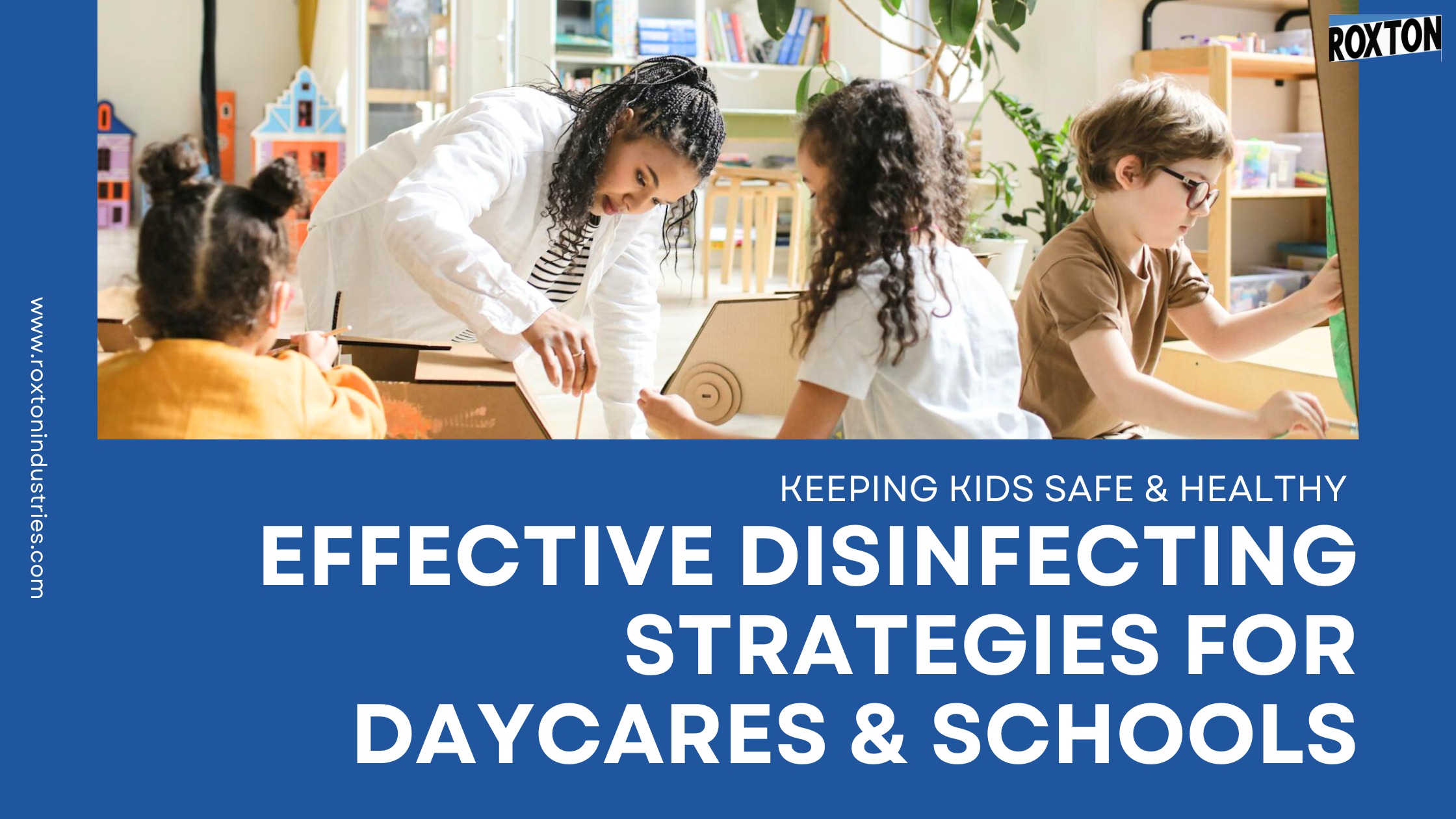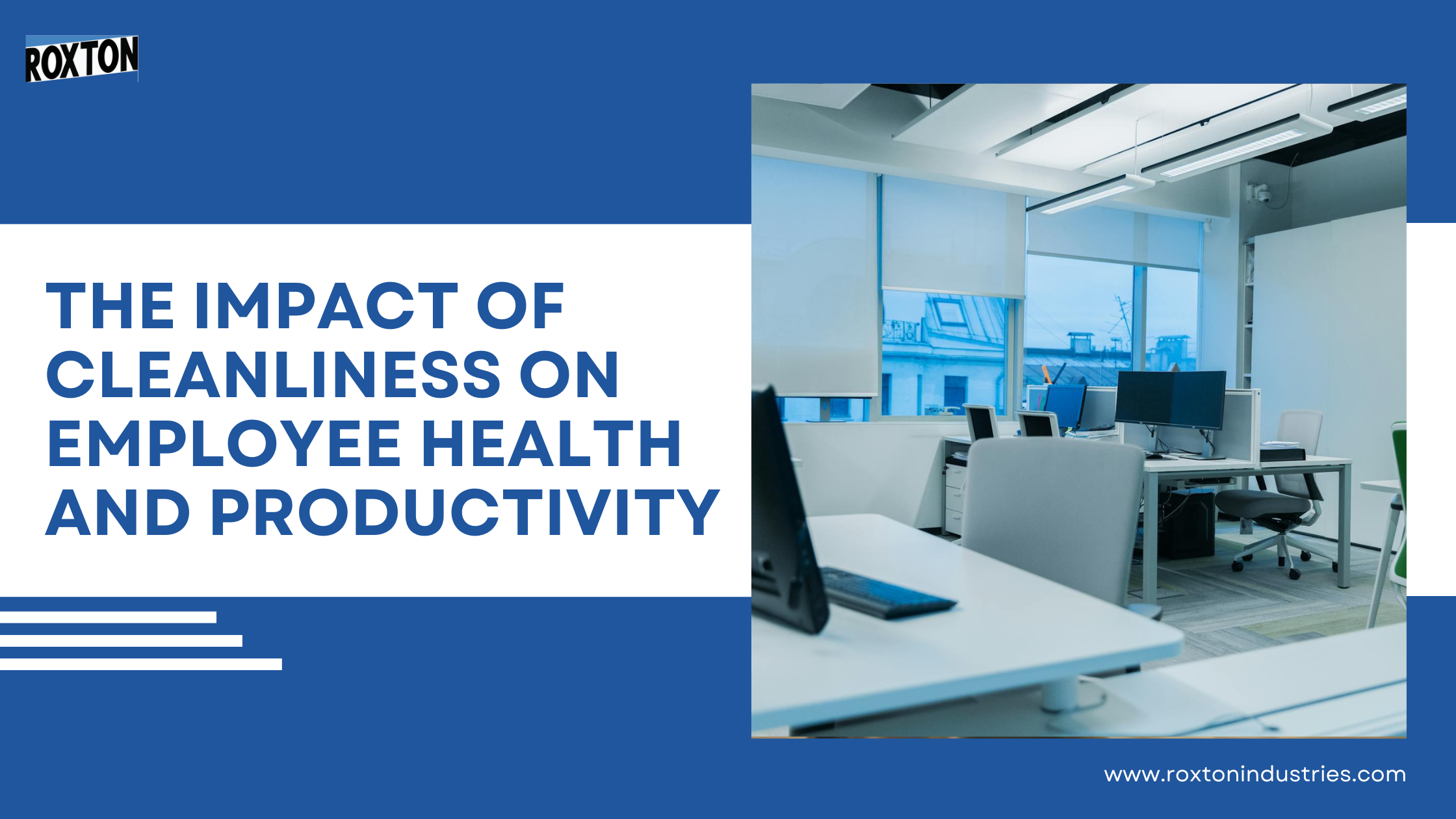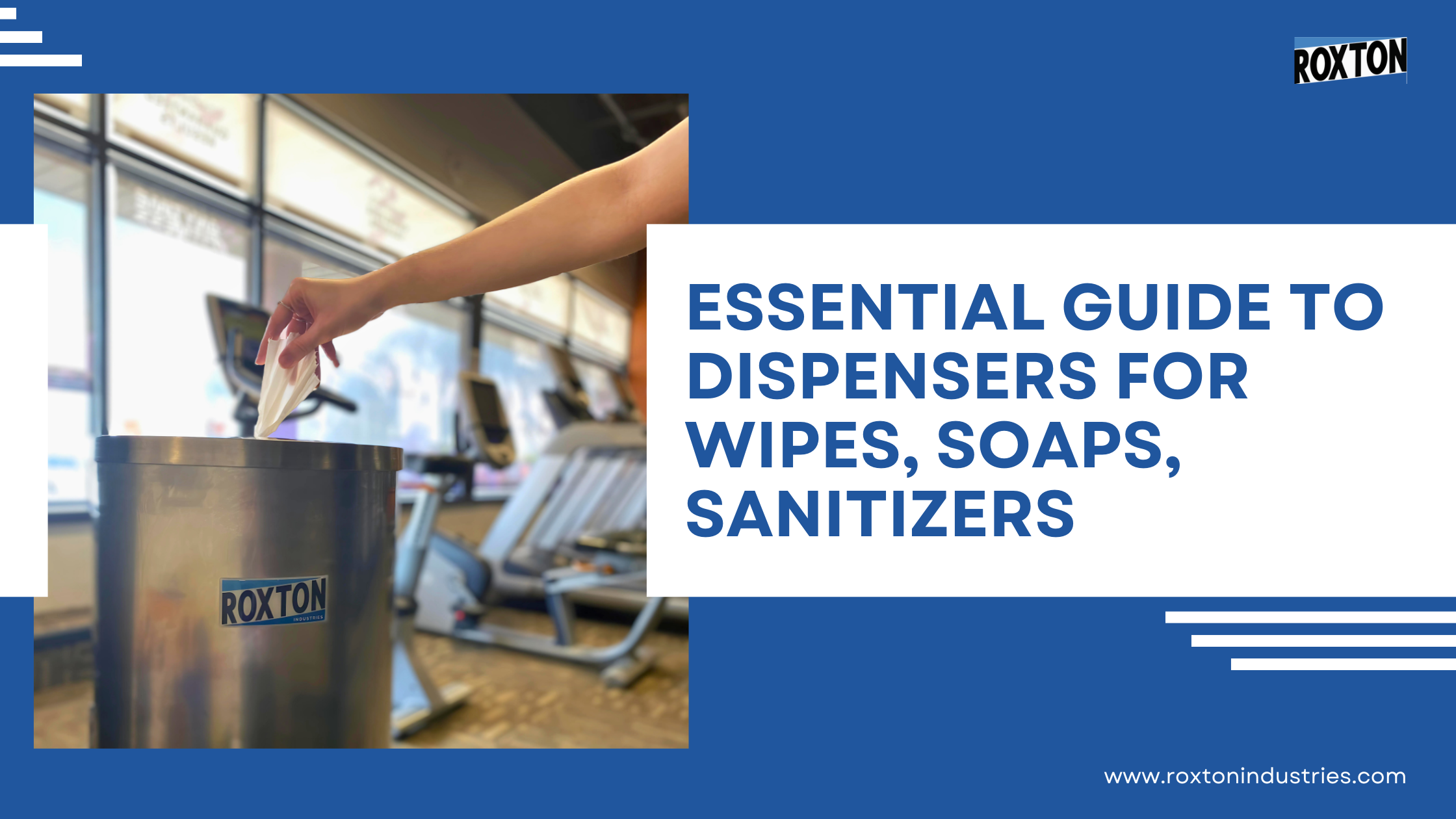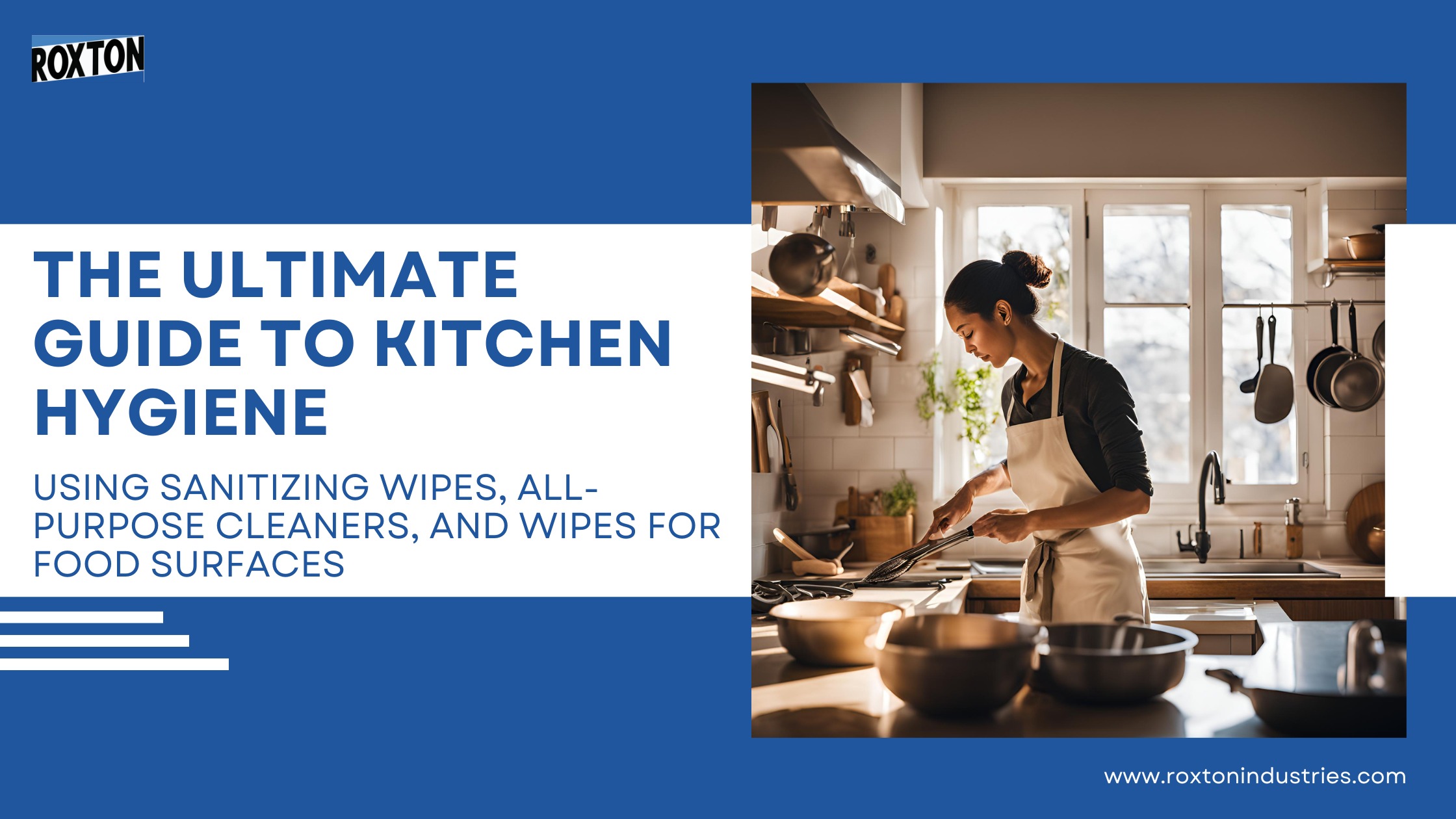Effective Disinfecting Strategies for Daycares & Schools – Keeping Kids Healthy

On average, children touch surfaces up to 300 times a day. In daycare and school environments, this frequent contact with toys, desks, and other surfaces can easily spread germs and illnesses. Here’s how to implement effective disinfecting strategies to keep your daycare or school a healthy haven for children.
Why Disinfecting Matters in Childcare Settings
Young children have developing immune systems, making them more susceptible to infections. Common illnesses like the flu, norovirus, and E. coli can spread quickly in daycare and school settings. Regular disinfection helps prevent the spread of these germs and creates a healthier environment for children to learn and play.
Choosing Safe Disinfectants for Children
When disinfecting around children, it’s crucial to choose non-toxic and hypoallergenic products. Harsh chemicals like bleach and ammonia can irritate children’s skin and respiratory systems. Opt for child-safe disinfectants such as hydrogen peroxide-based cleaners or botanical disinfectants made with essential oils.
Effective Disinfecting Methods
- Daily Cleaning Routines: Establish a routine to disinfect high-touch surfaces like toys, desks, doorknobs, light switches, and phones multiple times a day.
- Deep Cleaning Procedures: Schedule regular deep cleans to disinfect often-overlooked areas like carpets, curtains, ventilation systems, cubbyholes, and locker rooms.
- Proper Disinfectant Use: Always follow the manufacturer’s instructions for dilution and contact time. This ensures the disinfectant remains on the surface long enough to kill germs effectively.
The Advantages of Disinfecting Wipes
Disinfecting wipes offer a convenient and portable solution for daycare and school cleaning. Remember to use wipes on clean surfaces and allow the surface to stay wet for the recommended contact time as specified on the product label. Popular brands known for safety and efficacy include Clorox Disinfecting Wipes and Seventh Generation Disinfecting Wipes.
Real-World Success Stories
Sunshine Daycare in Toronto reported a significant decrease in illness-related absences after implementing a rigorous cleaning schedule that included disinfecting wipes. Dr. Jane Smith, a healthcare professional, emphasizes the importance of regular disinfection in preventing the spread of infectious diseases in childcare settings.
Creating a Healthy Environment for Kids
Diligent disinfection practices are essential for keeping children safe and healthy in daycares and schools. By using child-safe products and effective methods, we can create a cleaner, safer environment where kids can thrive. Start implementing these strategies today and make a positive impact on children’s health.
Additional Resources
Products to look for
FAQs
- Q: How often should high-touch surfaces be disinfected in daycares?
- A: For optimal germ control, disinfect high-touch surfaces multiple times a day.
- Q: Are disinfecting wipes safe for use around children?
- A: Yes, many disinfecting wipes are formulated to be child-safe. Always check the product label for safety information.
-
Q: How often should high-touch surfaces be disinfected in schools?
- A: For optimal germ control, disinfect high-touch surfaces multiple times a day, especially after diaper changes, messy playtime, or when someone is sick.
-
Q: Are disinfecting wipes safe for use around children?
- A: Yes, many disinfecting wipes are formulated to be child-safe. However, always choose wipes labeled as safe for children and supervise their use. Look for wipes free of harsh chemicals and alcohol.
-
Q: What are some eco-friendly disinfecting options?
- A: Consider using diluted solutions of white vinegar or Roxton disinfecting wipes on appropriate surfaces. Always check the instructions for the material you’re disinfecting.
-
Q: How can I teach children about good hygiene habits?
- A: Make handwashing a fun activity with catchy songs and colorful soap dispensers. Encourage frequent handwashing after using the bathroom, before eating, and after coughing or sneezing. Lead by example and practice good hygiene yourself.
By following these guidelines, you can ensure your daycare or school remains a safe and healthy place for children to learn and grow.
About admin
Latest Posts

The Impact of Cleanliness on Employee Health and Productivity
In today’s fast-paced work environment, employers are placing increasing value on wellness initiatives that go beyond just gym memberships or...
The Essential Guide to Dispensers For Wipes, Soaps, Sanitizers: The Must-Have Dispenser for Gyms, Schools & Healthcare
In today’s world, cleanliness and hygiene have become more critical than ever before. Whether it's a gym, school, healthcare facility,...

